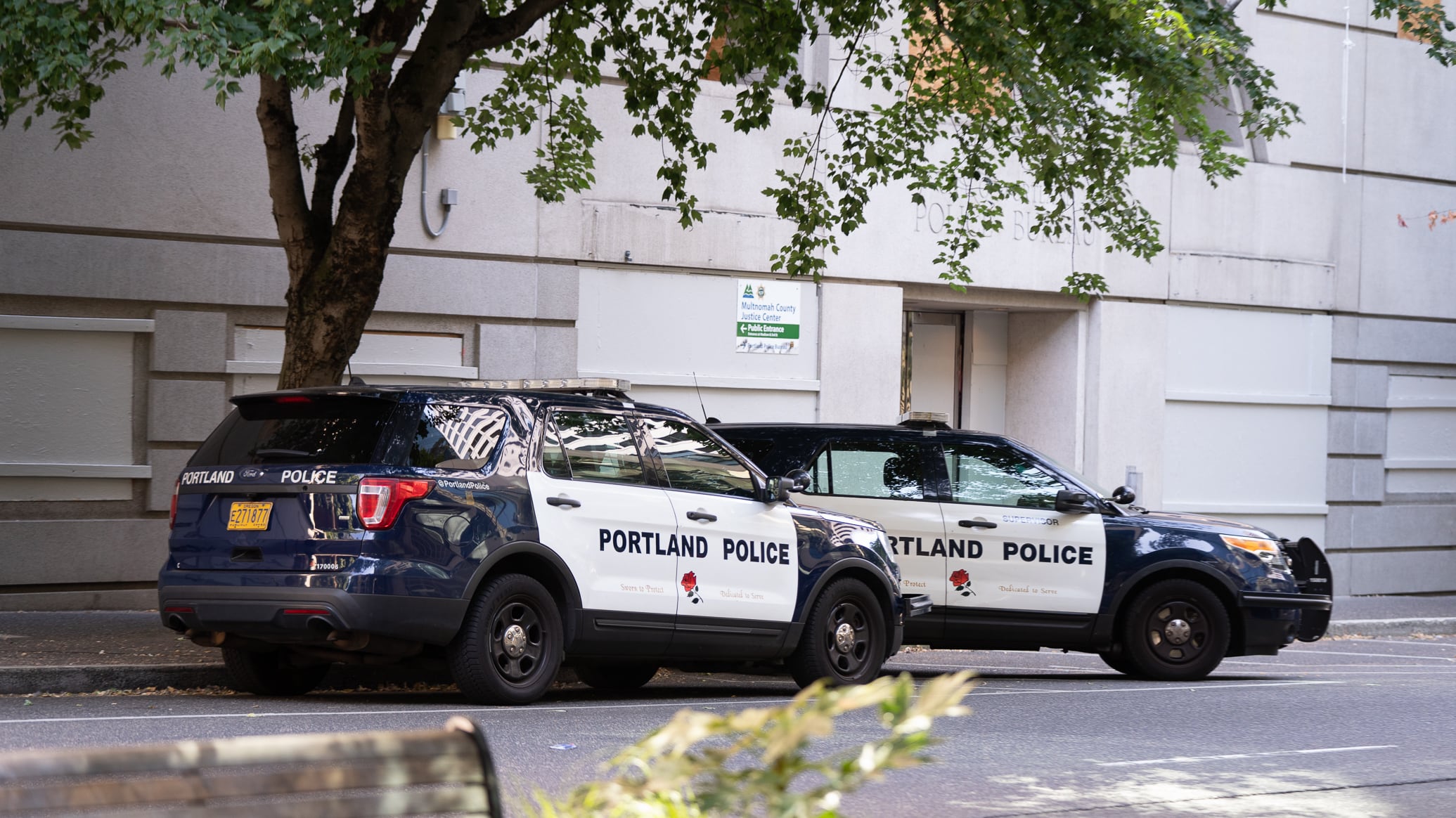New details have emerged about how Brian Hunzeker, the former head of the Portland police union, managed to moonlight as a deputy at the Clark County Sheriff’s Office while still employed as a full-time Portland cop—and how long he’d gotten away with moonlighting without the city discovering it.
For nearly two months in early 2023, Hunzeker was earning two six-figure salaries. After the city discovered the arrangement, first revealed publicly by WW last April, he lost both jobs.
Now, a findings document published December by the city’s Police Review Board, which makes disciplinary recommendations to the police chief, outlines how Hunzeker tried to hide it. The city does not announce publication of the board’s findings, and they were first circulated by Portland Copwatch on Wednesday.
Some background: Hunzeker was fired from his job as a Portland cop in 2022 after leaking a police report to damage a political opponent, then-City Commissioner Jo Ann Hardesty. Out of work, he found a new job: working as a sheriff’s deputy in Clark County.
But things got complicated for Hunzeker when, in February 2023, an employment arbitrator gave him his old job back. The former union head was then in the awkward, but perhaps financially enviable, position of holding full-time law enforcement jobs in two different states.
Hunzeker elected not to tell his bosses about the specifics of his multiple jobs. And he appears to have gone to great lengths to hide the arrangement. After WW broke the story of his moonlighting, The Oregonian reported that Hunzeker was on medical leave for several of the weeks he was working both jobs. One member of the review board noted Hunzeker had violated a bureau rule “prohibiting a member from feigning injury or illness,” but the highly redacted report leaves the details of the transgression unclear.
And, according to the description of his case in the December report, he tried to cover his tracks. (The report redacts officers’ names, but Hunzeker is easily identified by the details of his case.)
When asked questions about secondary employment by a bureau employee, Hunzeker “omitted information.” And, in what the review board concluded was “additional evidence of [his] purposeful evasion,” he instructed a co-worker “not to drive by [his] house.” When WW visited it, there was a Clark County cruiser parked at the curb.
The board’s report also indicates which job Hunzeker was actually working—Clark County—and which one he neglected: Portland. “[He] failed to complete tasks [he] was assigned, and was paid by PPB for 200 hours when in fact the investigation showed that [he] actually performed under 10 hours of work during that time.” the board concluded.
Hunzeker later paid the city back for the time he didn’t work—further evidence, the board noted, that Hunzeker was aware he’d done something wrong.
In fact, the board found, this wasn’t the first time Hunzeker had worked a second job without permission. The bureau requires officers to request permission to perform “extra employment,” which can’t exceed 20 hours per week. Hunzeker knew this, because he’d filled out a form requesting permission in 2003, the board notes.
But, he admitted to investigators, he’d continued performing the outside work for years afterward and had “fail[ed] to request permission annually.”
All five members of the review board voted to sustain all four of the allegations against Hunzeker, of unauthorized moonlighting, lying about it and failing to perform his duties. The board recommended firing him, but it didn’t matter: He’d already resigned anyway.

